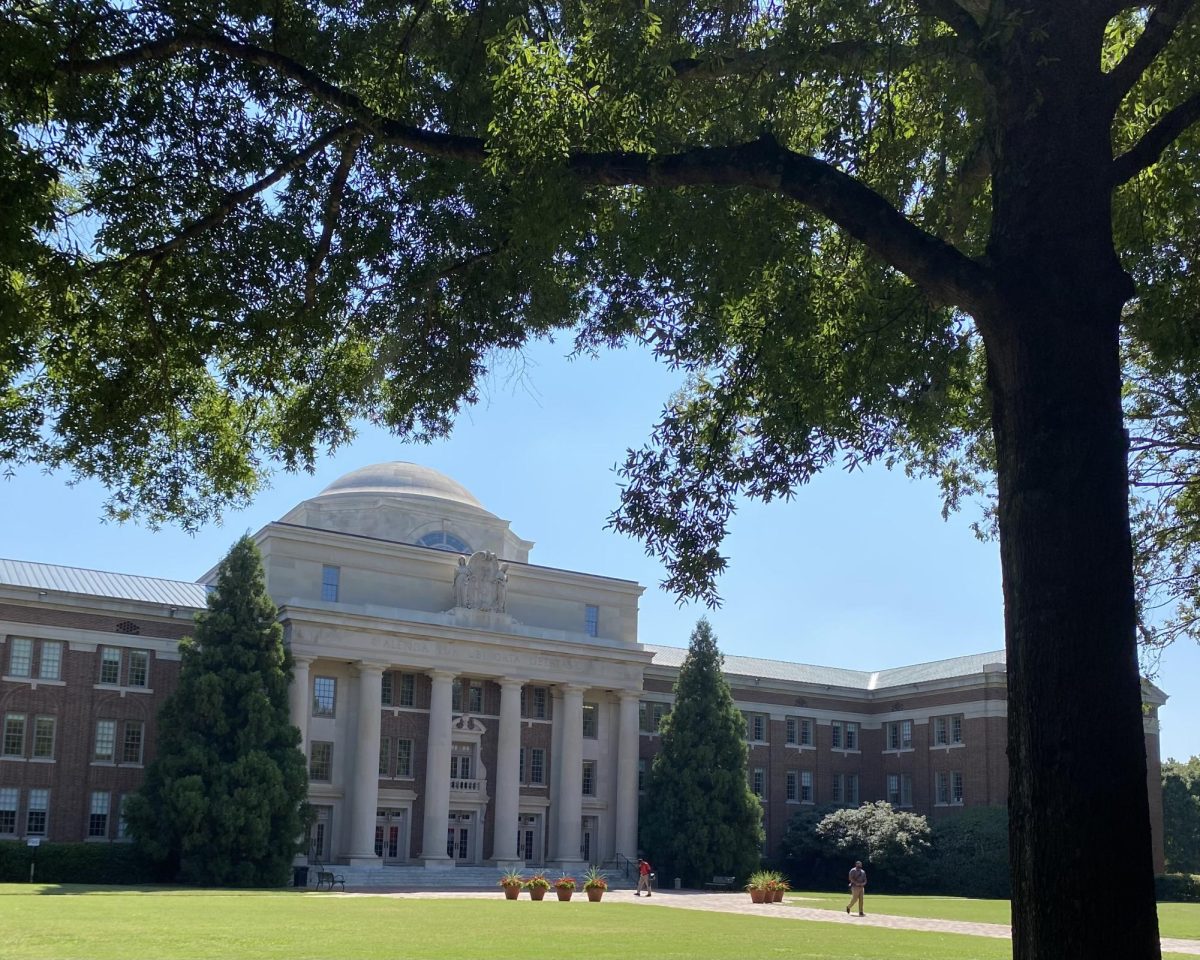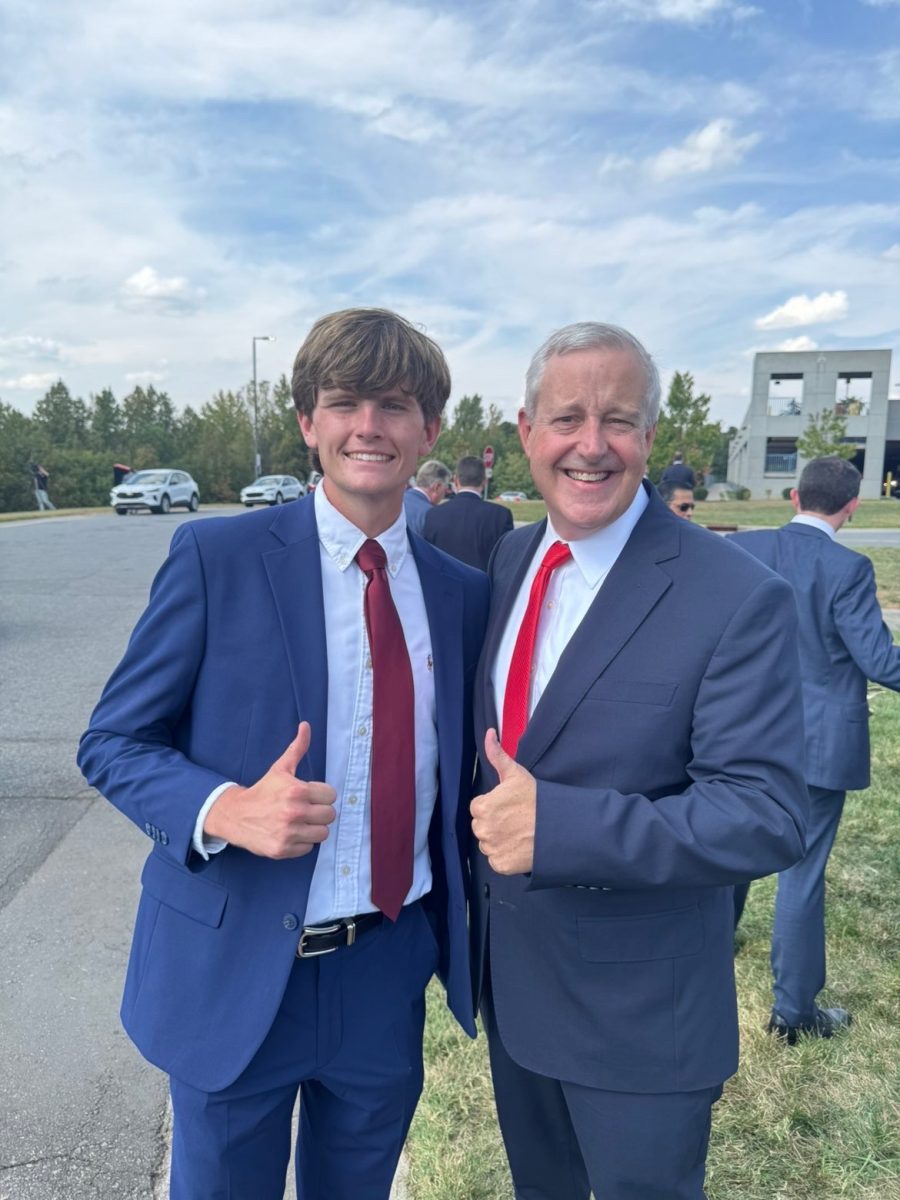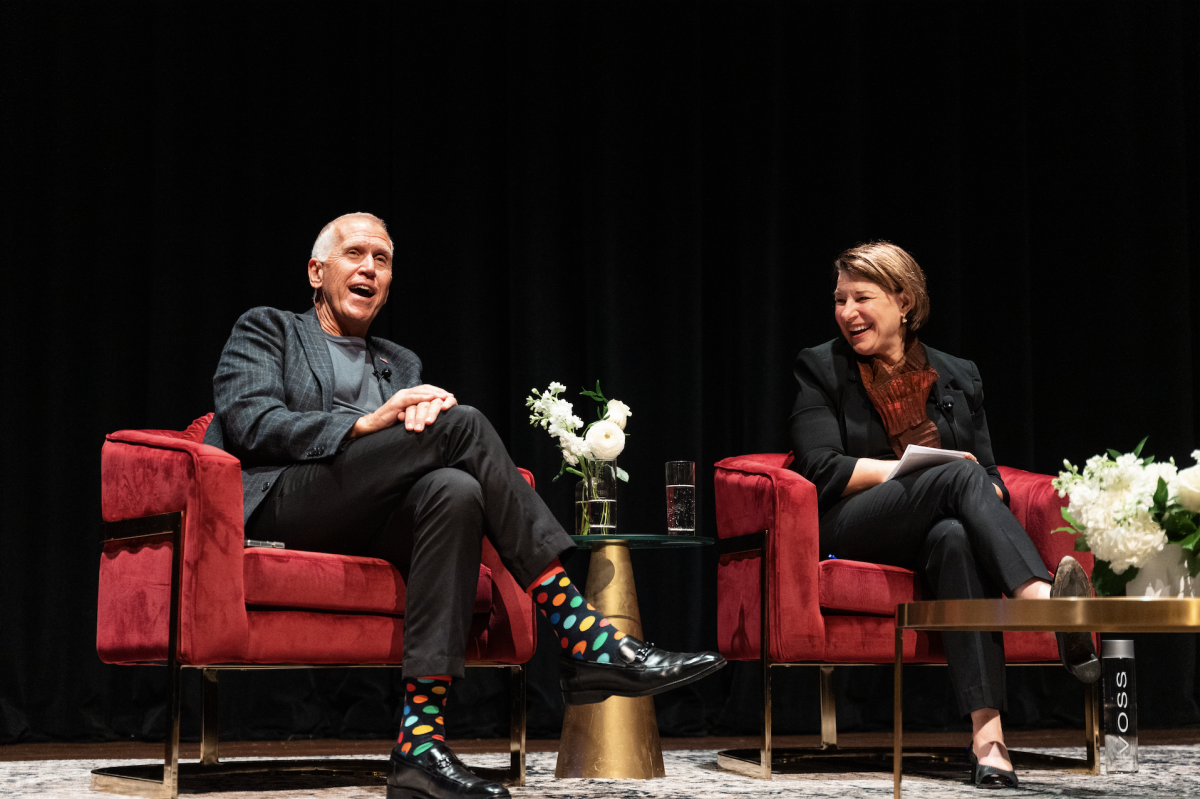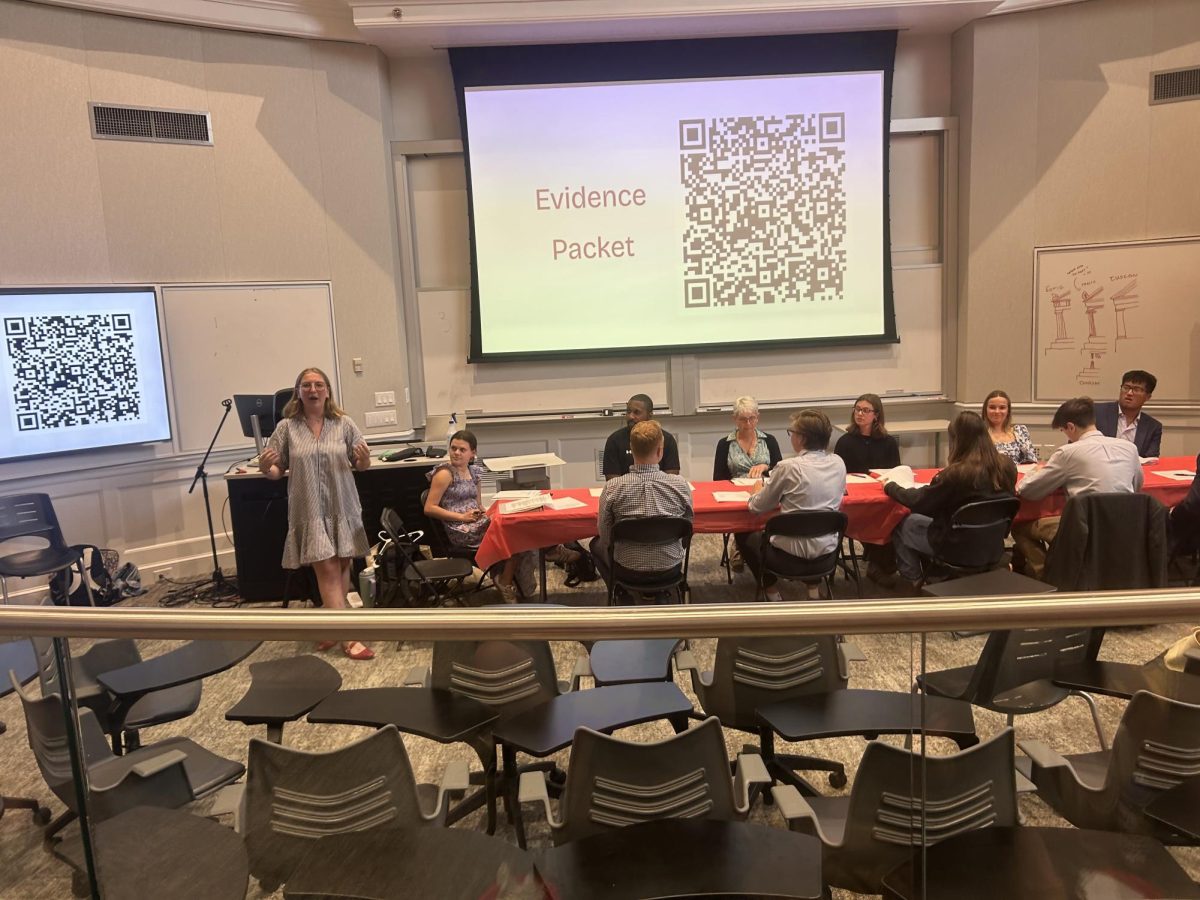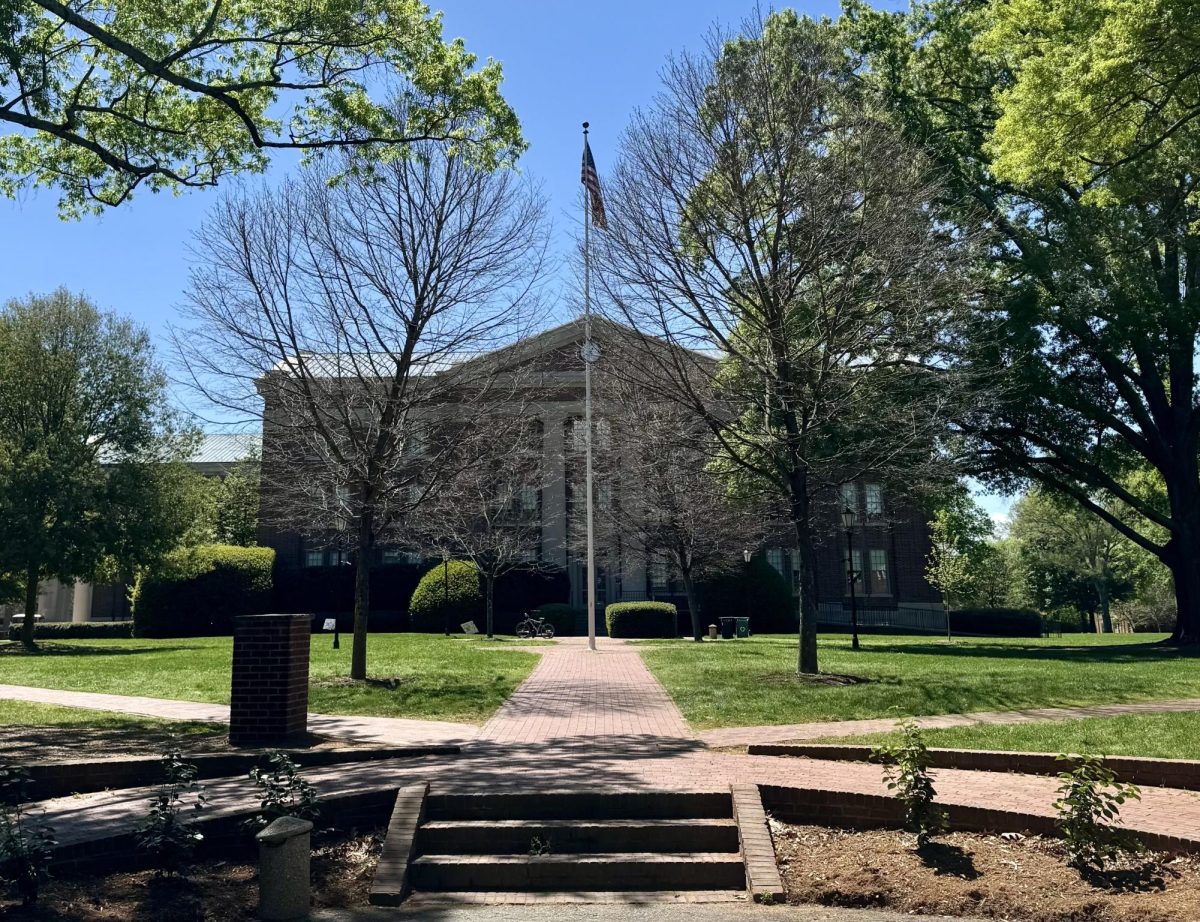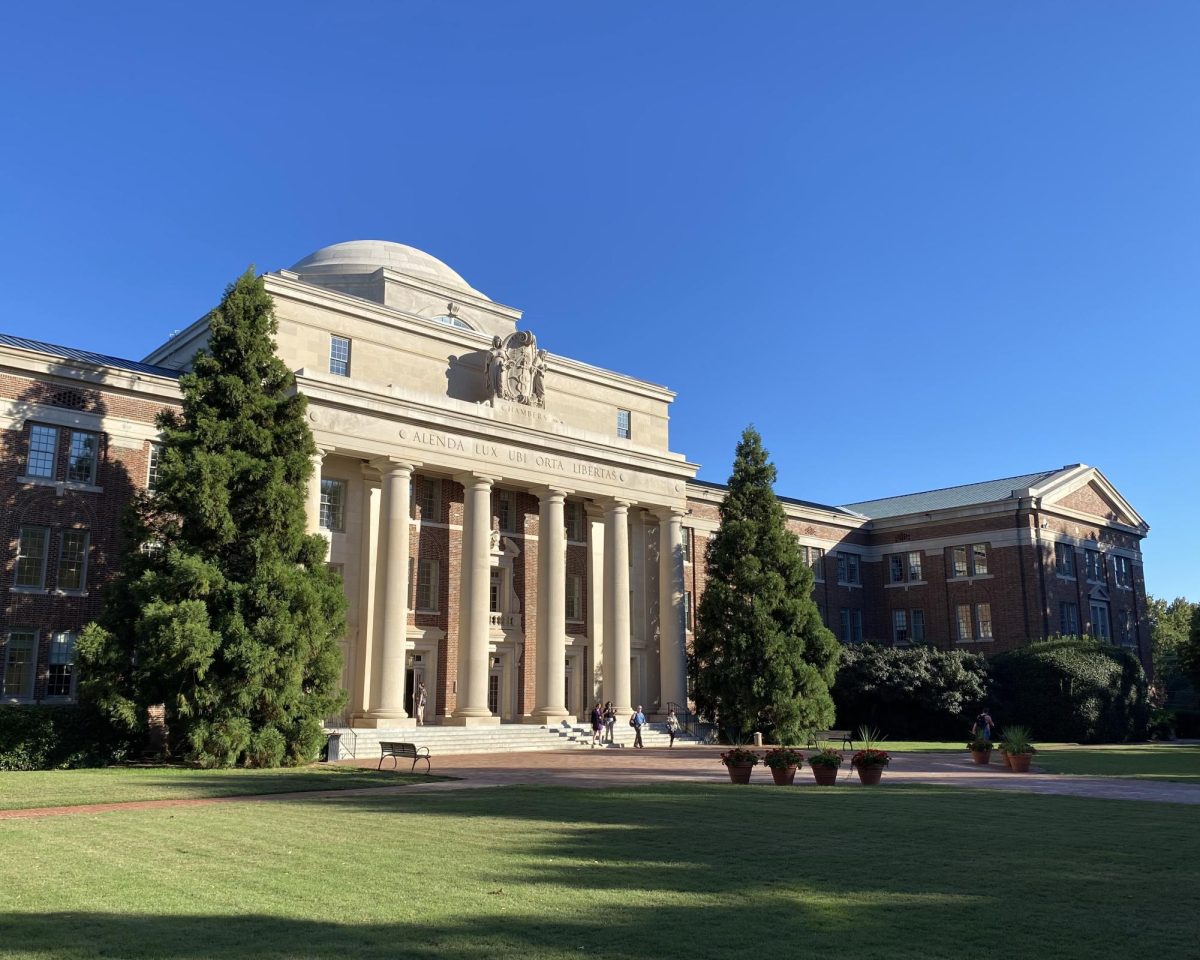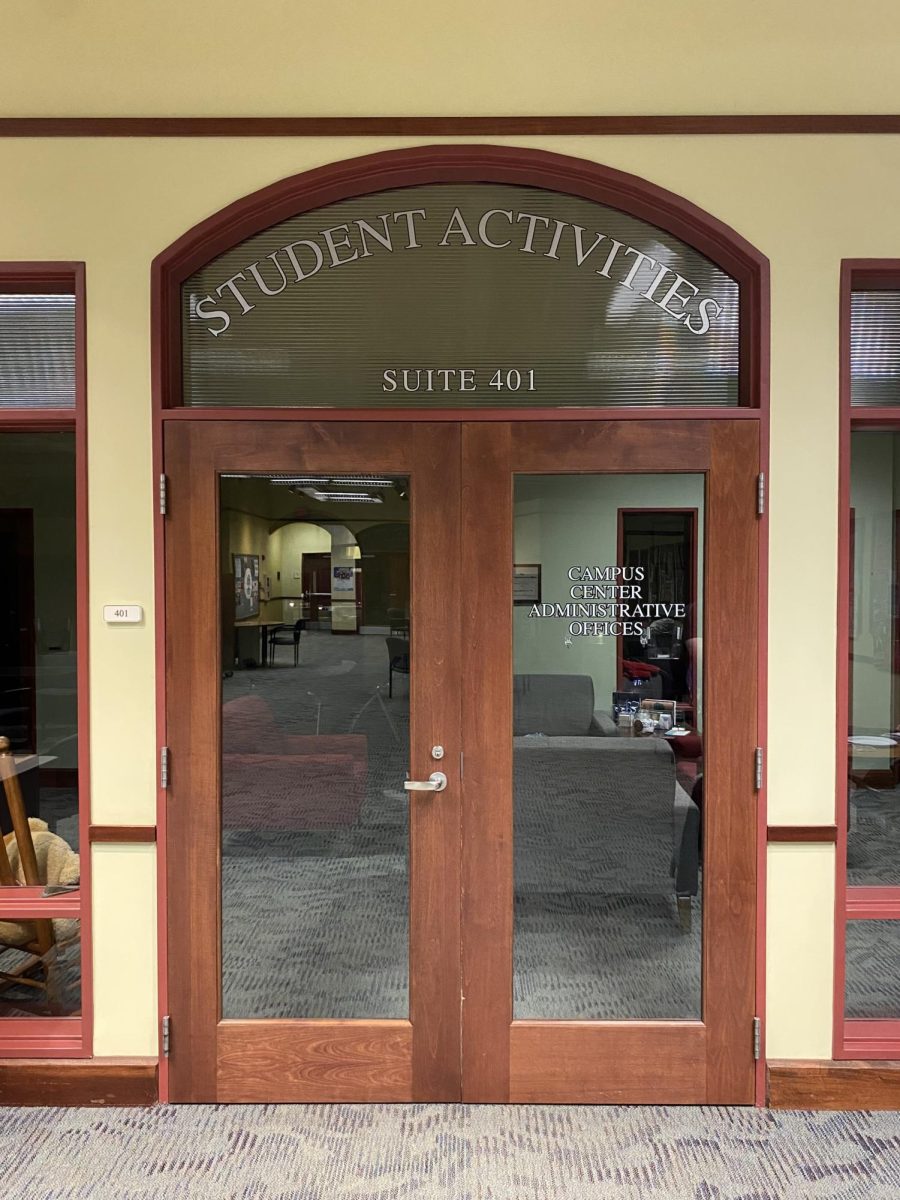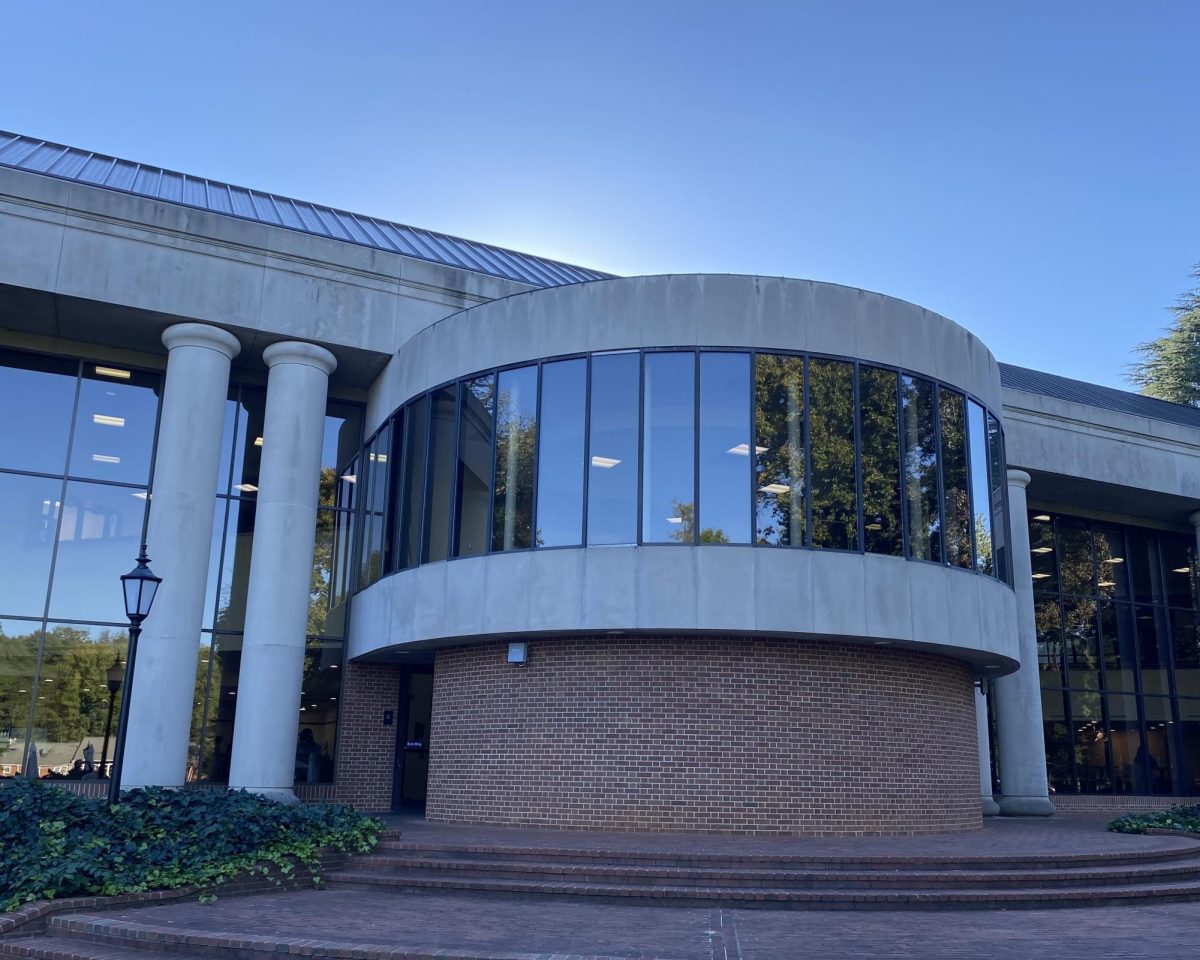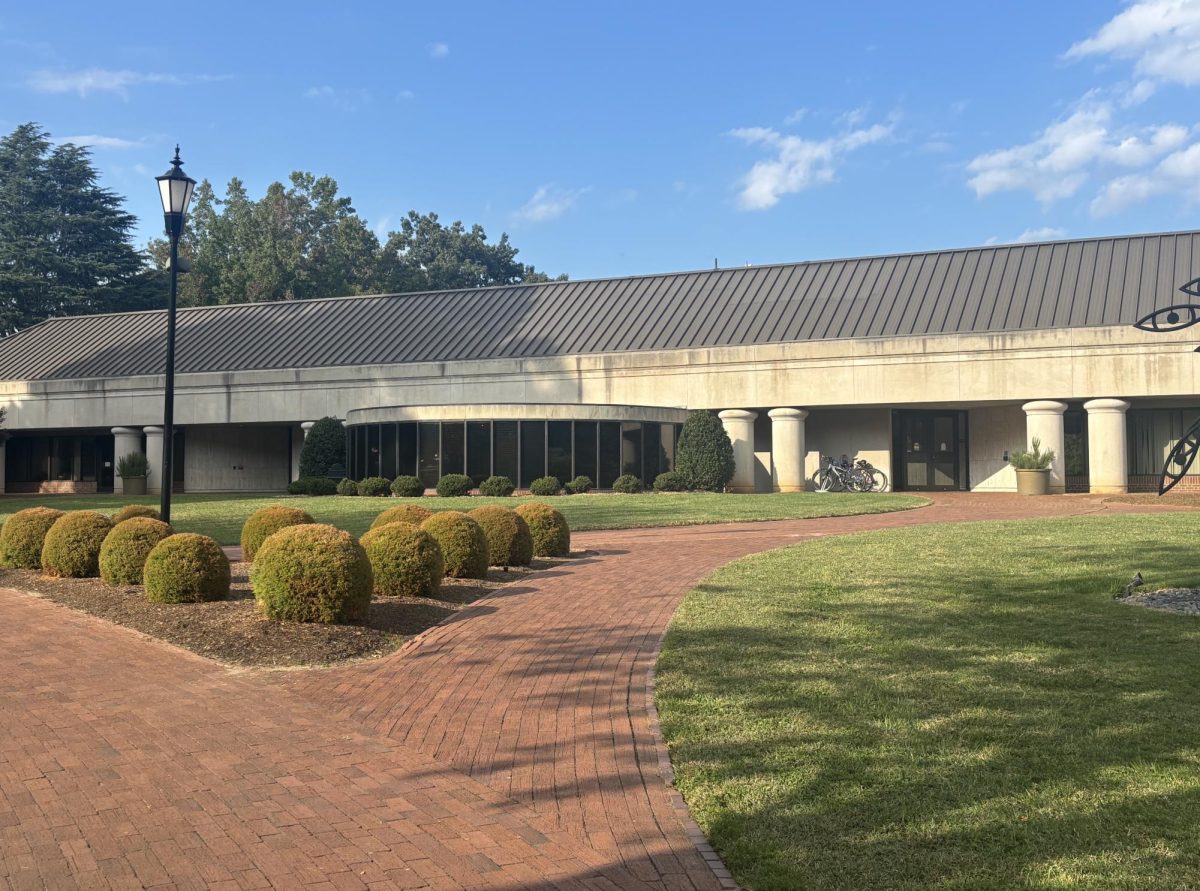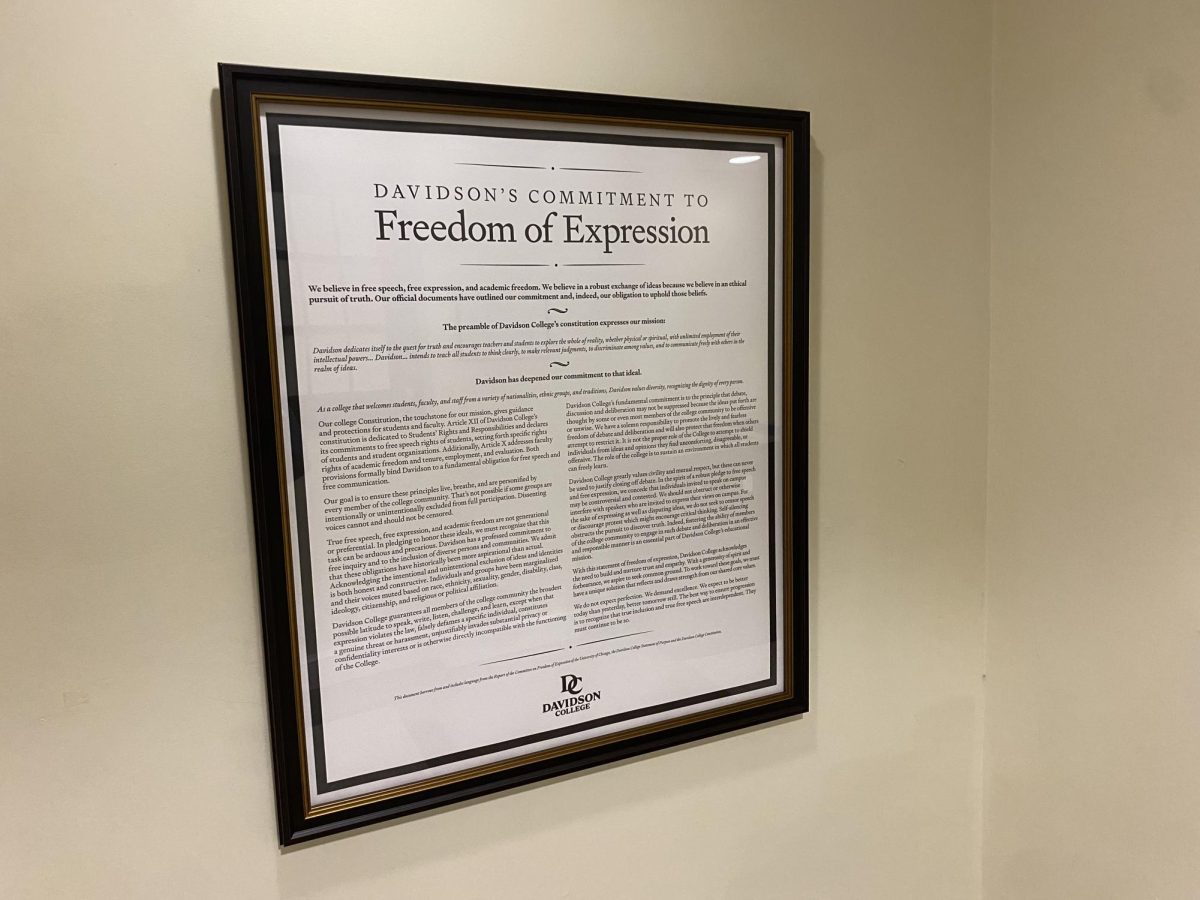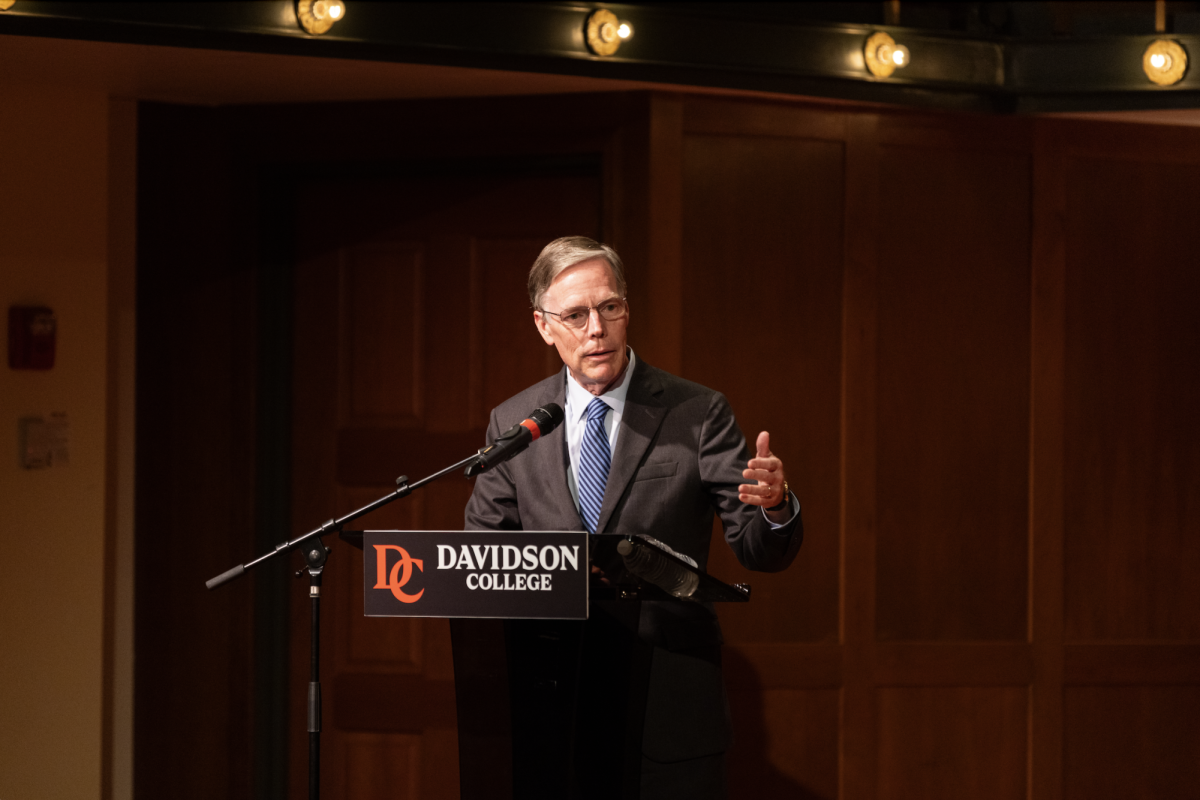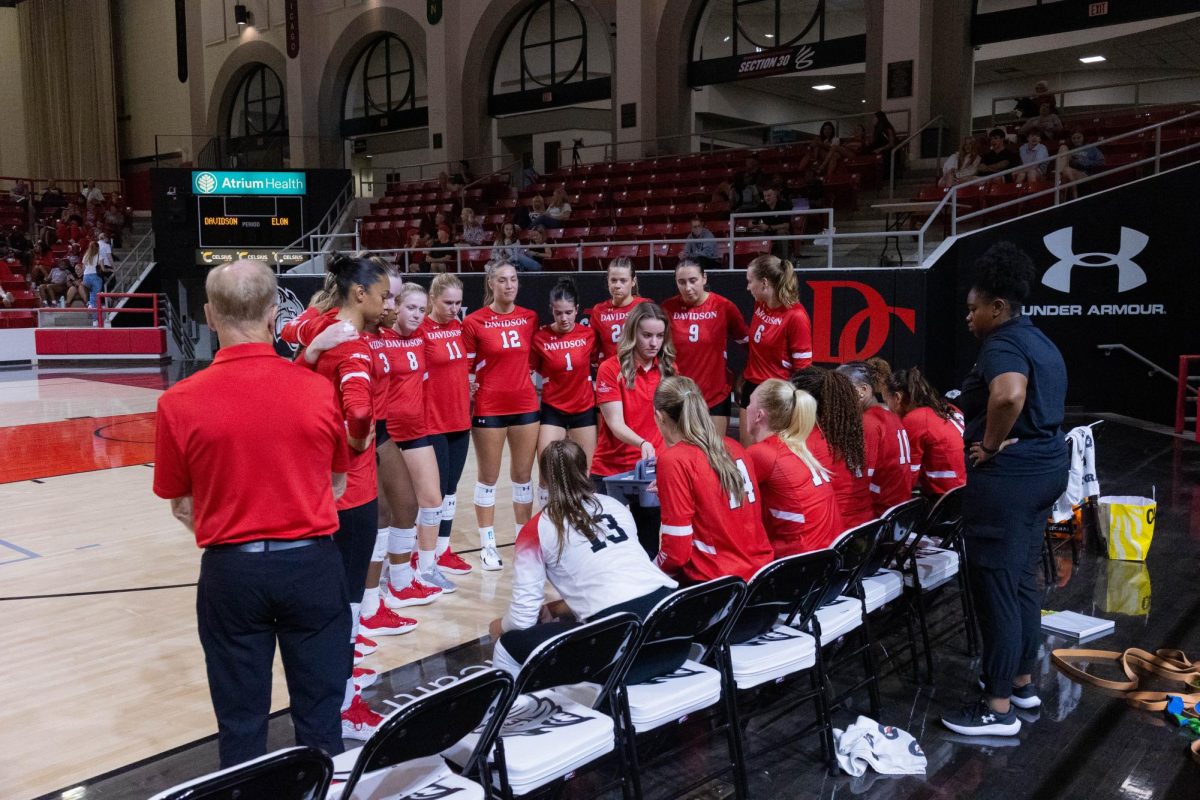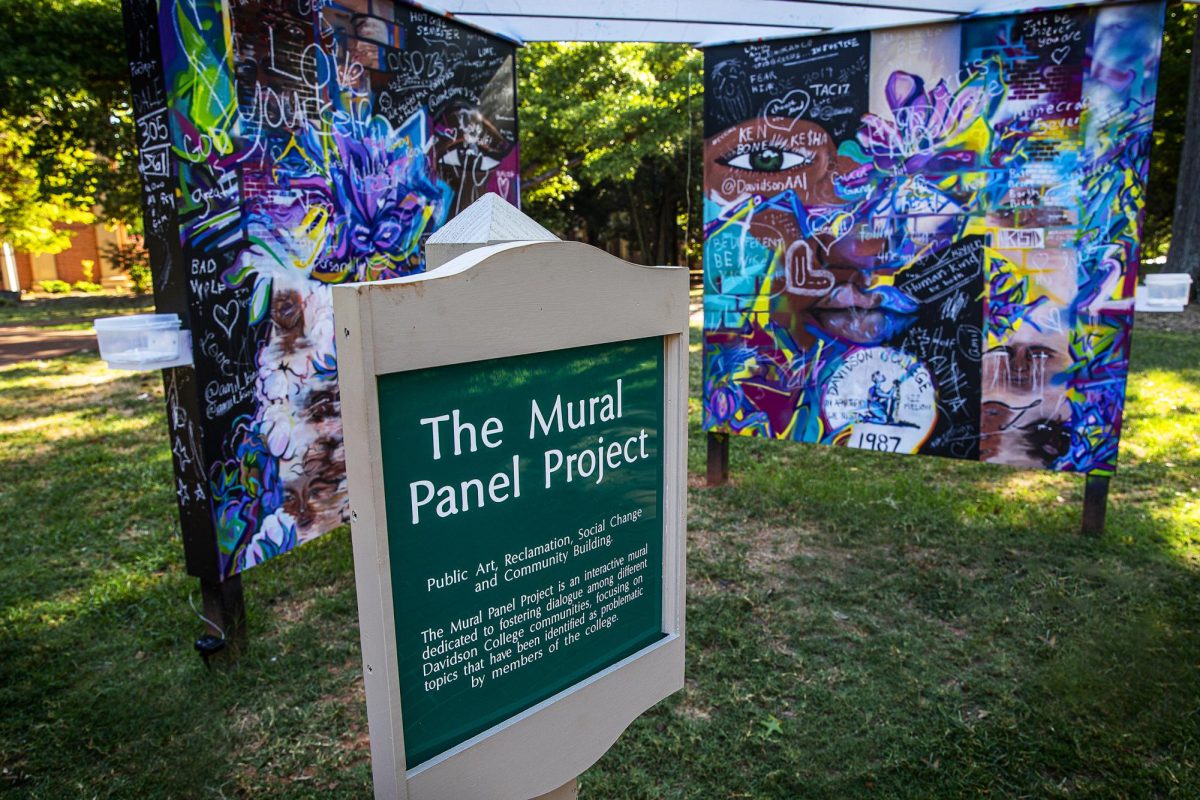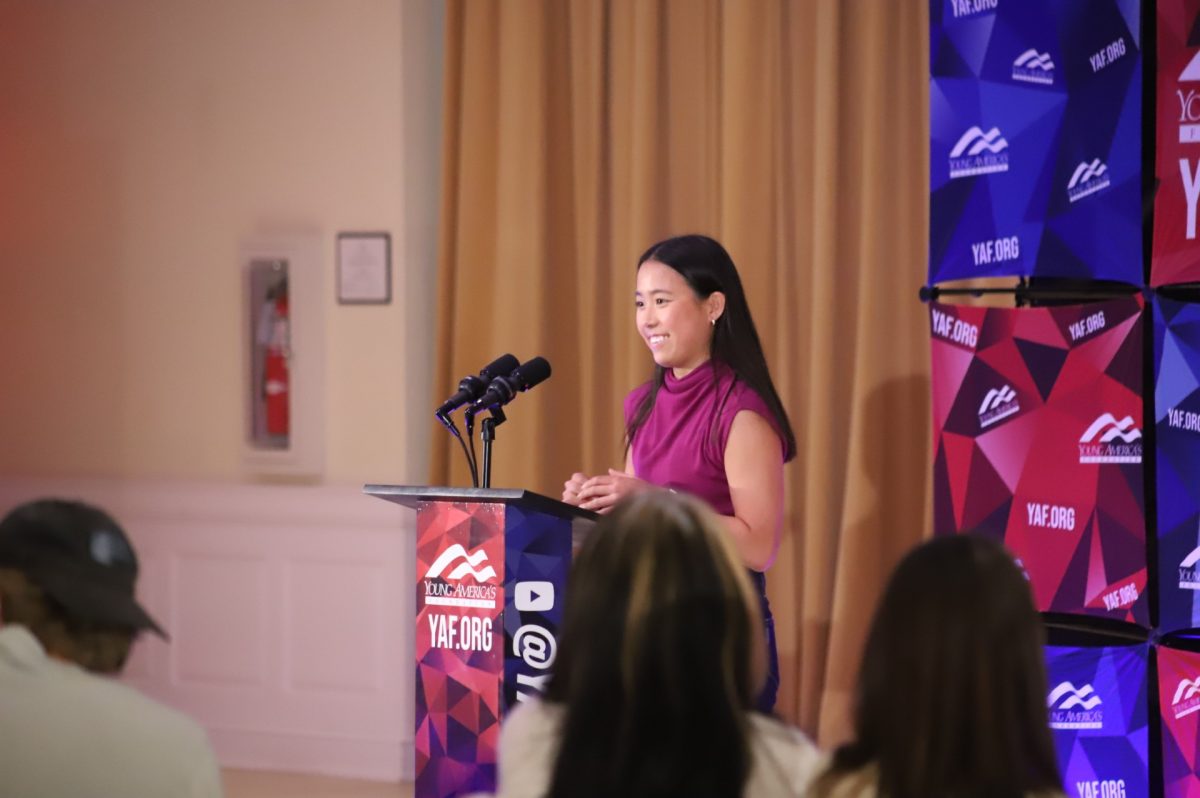As North Carolina prepares for a hotly contested governor’s race this November, voters across the state must now grapple with dozens of disturbing comments posted years ago on an online pornography forum by Lieutenant Governor and Republican gubernatorial nominee Mark Robinson.
News of Robinson’s online excursions came into public view after a CNN KFile investigation, published on September 19th, linked Robinson to comments made on an online porn forum called Nude Africa. Among other comments, Robinson allegedly declared, “I’m a Black NAZI!” and recounted stories of secretly “peeping” on women in public gym showers.
Robinson made countless other lewd and sexual comments between 2008 and 2012 before he made his political debut in 2020. While many of the messages were left under a username, “minisoldr,” his full name was listed on his account, as well as his email address.
Despite the evidence compiled by CNN, such as aligning biographical location, personal information, and email address, Robinson denies any link between him and the comments made on Nude Africa, denouncing the allegations as “salacious tabloid lies.”
Since his political ascendancy, Robinson has made numerous other controversial statements, including mocking victims of school shootings and making derogatory comments towards the civil rights movement, according to The New York Times.
To many, the latest revelations only add fuel to long-standing concerns about Robinson’s beliefs. “I was offended that a person with these views is an elected representative for me as a North Carolinian and that they were given a larger platform as a gubernatorial candidate, and concerned that they might be given more power if they were to win the race for governor,” Associate Professor of Political Science Dr. Melody Crowder-Meyer said.
Robinson’s denials have failed to assuage the concerns of political organizations across the state, which are abandoning previous endorsements. Though they have yet to release an official statement, the Davidson College Republicans is one such group.
“We had a policy of sticking with [and] attempting to defend the choice of the party, but these developments have made it clear he cannot be supported,” Davidson College Republicans President Stephen Walker ‘26 said in an email. “Our goal is to support the other candidates on the Republican ticket who have what it takes to lead and deliver results for the people of this state and across the country.”
Despite growing negative press and a shrinking team–at least ten high-ranking staffers quit by October 1–Robinson plans to remain in the race. “We are staying in this race. We are in it to win it,” Robinson declared on CBS Morning News.
Associate Professor of Political Science Dr. Andrew O’Geen speculates that Robinson might believe he can still contest the gubernatorial election. “Partisan identity is a really strong factor in people’s vote choices, and it takes a lot to knock someone off of that path,” O’Geen said.
“It might be the case that he and his people are doing some kind of calculation that says, ‘if we just deny this thing and sort of obfuscate until the election, there’s a population of people that are going to vote for us no matter what and we still have a chance to make it close or win this election,’” O’Geen continued.
Two recent polls by the Washington Post and East Carolina University report Robinson trailing Democratic gubernatorial candidate, North Carolina Attorney General Josh Stein, by 16%. Some speculate that Robinson’s insistence on staying in the race might impact Republican candidates across the ballot this November.
“By staying in the race, Robinson makes possible a reverse-coattails effect–that voters who do not want to vote for him will also then not vote for other Republicans on their ballot or choose not to vote at all,” Crowder-Meyer said.
Though possible, Crowder-Meyer says the odds of Robinson damaging other Republicans are low. “While Robinson’s popularity has dropped dramatically in recent polling […] there is not much evidence presently that this scandal is reducing voter support for the Republican presidential candidate […] I do not expect this will substantially affect the outcomes in other races,” Crowder-Meyer said.
Nevertheless, Walker believes the best way for Republicans to minimize their losses in the upcoming election is to distance themselves from Robinson. “If Robinson does the right thing and gets out of the way of our other candidates, I am confident the party will recover by refocusing on our positive candidates and policies,” Walker said.
Robinson’s comments may bode well for Stein’s campaign and Democrats across the ballot. “When something like this happens pretty close to the election, it does mobilize more people to vote […] and I think that it could be a good thing for the Democrats,” Center for Political Engagement President Sophia Ludt ‘25 said.
Even so, O’Geen emphasizes that the gubernatorial election is not a foregone conclusion. Accordingly, it is important to consider what a Robinson victory would mean for North Carolina.
“If he wins after this story comes out […] I think what you have in that situation is a real triumph of party identification. […] It’s hard for me to imagine a world where every single Republican voter who decides to cast a vote for Robinson feels ambivalent or uncaring about that particular incident, and the idea that some of them are deeply offended by it, or find it deeply problematic, seems pretty obvious to me, and the fact that folks would be willing to overlook that […] is evidence that would suggest that people’s party identification is exactly as strong as we think it is in terms of dictating their vote choice,” O’Geen said.
“In most elections, party identification will drive vote choice far above any other factor. I hope it will not outweigh voters’ consideration of the importance of protecting and bolstering American democracy,” Crowder-Meyer said. “The stakes in this election are very very high.”
Indeed, damaged trust in political institutions alone might take years to repair. “If [Robinson] is elected, and he’s perceived as illegitimate for whatever reason, then I think that damages peoples’ trust in the institutions. It damages the degree to which they’re going to look to government to help solve problems and it probably damages the relationship between the executive and the legislature in ways that probably will take a few years to correct,” O’Geen concluded.

